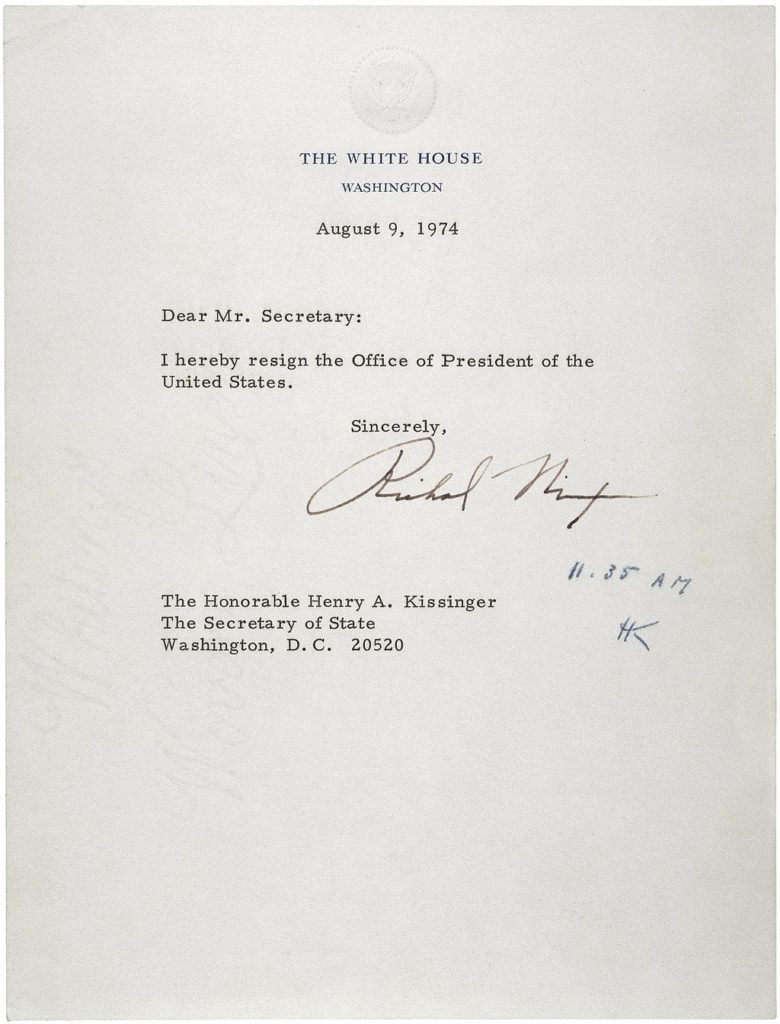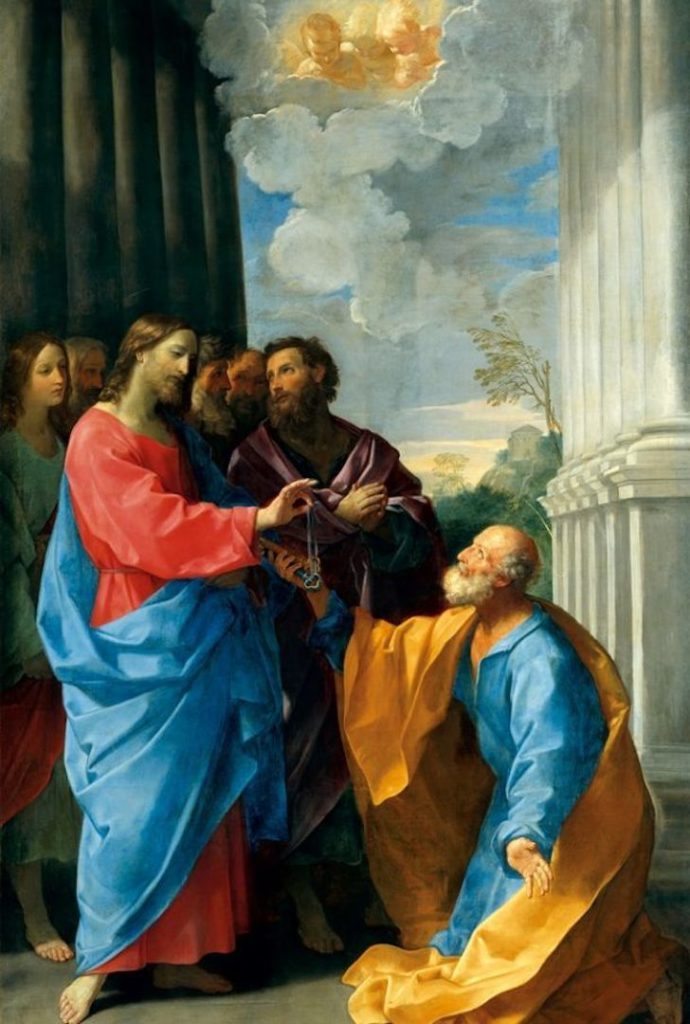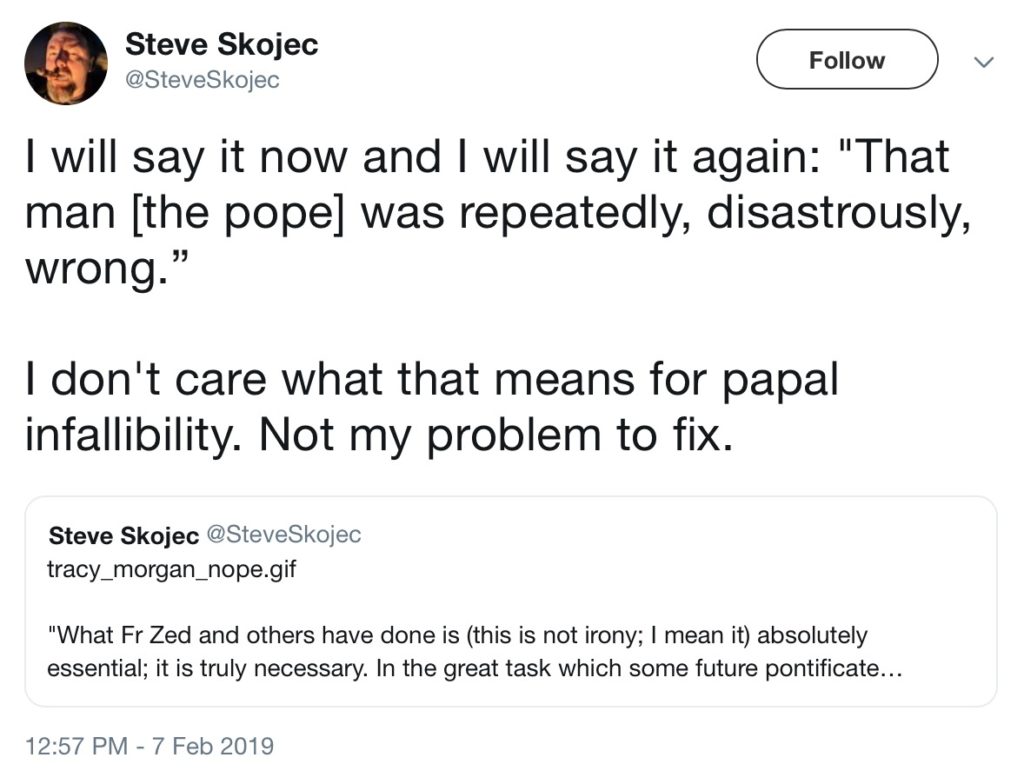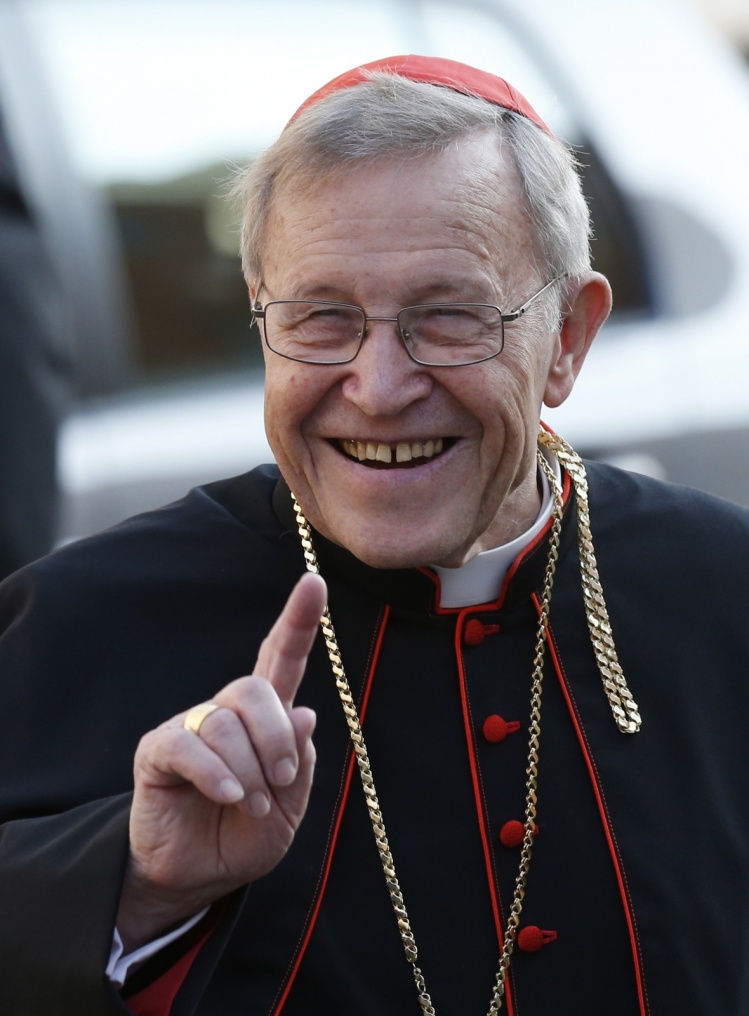Okay, the first thing you need to know is that the openly “out-and-proud” sodomite Robert “Bobby” Mickens is one of the most notorious sacrilegious sodomites in Rome. He famously would be seen open-mouth-tongue kissing COLLARED PRIESTS on the bridges in the center of Rome. Mickens was fired by the hardest left English language “c”atholic paper, The Tablet out of the U.K., after he publicly pined on Twitter for the death of Pope Benedict XVI, whom he hated (and hates) with a demonic passion because Pope Benedict XVI actually tried to fight the clerical gay “Lavender” mafia which Mickens swam (and presumably still swims) in. Mickens is a DEPRAVED, DEMONIACAL human being. And he is very, very well-connected with Vatican Bathhouse.
Mickens is now published by the sodomite French outfit “La Croix”, which says this on its website:
The Congregation of Augustinians of the Assumption as the sole shareholder of Bayard Presse, assure its stability, freedom and editorial independence.
Along with its diverse global coverage, La Croix International is home to exceptional contributors including Massimo Faggioli, Christa Pongratz-Lippit, Michael Sainsbury and Robert Mickens, with his signature, must-read weekly commentary Letter From Rome.
We are also excited that Mr. Mickens has joined La Croix International as English Editor, bringing his unparalleled experience [That’s one way to put it. -AB] as senior Vatican correspondent for the London Tablet and founding editor of Global Pulse Magazine.
Mickens posted THIS PIECE “The Resignation of Pope Francis” yesterday at La Croix. Click over and read the whole thing. Believe me, you’ll recognize what is being said. Like, word-for-word.
Nevertheless, there have been signs since the very beginning of his pontificate that the question is not if Francis will resign, but more likely when he will actually do so. And the reason is simple. He is anxious that Benedict’s resignation does not go down in history as just another out-of-the-ordinary, once-in-every-several-hundred-years event. Instead, he wants it to become a precedent and something normal. “I keep coming back to this idea which may not please some theologians (and I am no theologian)… I think that a pope-emeritus should not be an exception,” he said in August 2014 while speaking to journalists on a return flight from South Korea.
Retirement becomes institutional, not exceptional
“My thinking is that 70 years ago bishops-emeritus were an exception; they didn’t exist. Today bishops emeritus are an institution. I think that a ‘pope emeritus’ has already become an institution,” he continued. “I believe that Pope Benedict XVI took this step which de facto instituted popes-emeriti,” Francis said. “He opened a door which is institutional, not exceptional.”
….
However, people closest to Francis have said privately that they are convinced he will step down when he believes the time is right time; that is, after he’s discerned that he’s done all he has been called to do and has implemented solid reforms that will be hard for a successor to undo. That would be a way to ensure that Benedict’s resignation does not remain a singular, one-off occurrence and truly does become institutional and not exceptional.
….
Santa Marta and the end of centralized, monarchical Church authority
The Argentine pope made the first — and what is the most significant — reform of his pontificate in the very first days following his election.
It was his decision to shun the secluded papal apartments deep inside the Apostolic Palace and make his permanent home at the Casa Santa Marta, a residence for priest-employees of the Vatican and the place where the cardinals lodge during a conclave.
The choice of address was the beginning of Francis’ slow, painstaking efforts to re-dimensionalize the scope and activities of the Roman Curia and decentralize its power. It was also part of his plan to demythologize the institution of the papacy and eliminate the lingering vestiges of the old papal court.
The pope has curtailed much of the Curia’s longstanding and disproportionate influence over local Churches and all of global Catholicism. He’s done this principally by laying the foundation (not without difficulty and opposition) for structures of synodality, first of all by strengthening and reforming the Synod of Bishops.
He has also promulgated legislation that gives (or is aimed to give) national episcopal conferences greater decision-making and doctrinal authority that has been almost exclusively reserved to the pope and his aides in the Vatican up to now.
But this long-term project, which is only meant to unleash a process that will need years to mature, is not even fully launched yet. Pope Francis still needs to further reform a number of institution and offices in the Vatican that pertain to the all-but-dead monarchical papacy.
Most of them, like the Prefecture of the Papal Household and the Apostolic Camera, were modernized by Paul VI after the Second Vatican Council (1962-65). But they require further pruning if not a definitive consignment to history.
In the Voris-Milo interview at the 16:45 timestamp, Milo brings up a point which he is, in fact, 100% correct about, namely the whole “papal resignation” paradigm being a de facto reduction of the papacy into a parliamentary system whereby any Pope could be forced out by having the people around him declare “no confidence”, or just simply saying, “we will make your life a living hell, so you might as well leave”. EXACTLY. Because it is the Freemasonic war against ALL MONARCHY, with the PAPACY, a Monarchy instituted by Christ Himself being the ultimate target and prize.
This is why all actual monarchies were systematically eliminated by Freemasonic putsches and wars beginning with the American Revolution, then on to France a decade later, and finally with World War I when the foul plan was essentially wrapped up with the non-abdication “renunciation of participation in state affairs” (Sound familiar? Ring any bells? Dejavu all over again?) exile of Blessed Emperor Charles I Habsburg. I would add that it also has a corporate figurehead “Chairman of the Board” dynamic, whereby the “board” could vote the meaningless figurehead out at any time. SuperNerd and I discussed this in the second part of our Podcast on the Miris Vorlo interview HERE.
Folks, THIS is why the Bergoglian Antipapacy has to be PUBLICLY RECOGNIZED AND NULLIFIED NOW. This business of sitting around doing nothing waiting for Bergoglio to die or “resign” PLAYS INTO SATAN’S HANDS EXACTLY. Look, the “RESIGNATION” OF BERGOGLIO WAS PART OF THE PLAN FROM DAY ONE. Bergoglio was told, I can pretty much guarantee you, by Walter Kasper and the Sankt Gallen Mafia that he would be expected to “resign”, that “resigning” was part of the agreement. I put “resign” in quotation marks with regards to Antipope Bergoglio because he can’t resign something he never held. Bergoglio is and always has been an Antipope. Antipope is not an office or title, it is a CRIMINAL STATUS and nothing more. Antipope Bergoglio can’t resign any more than Bill Cosby can resign from being a rapist.
Furthermore, the FULL TRUTH has to be acknowledged that Pope Benedict XVI’s attempted resignation was invalid and that he has remained the one and only living Pope since April 2005 because if the full truth is not acknowledged at its root, then assuming a removal or “resignation” by Antipope Bergoglio while Pope Benedict XVI is still alive, the “conclave” called would ALSO BE AN INVALID CONCLAVE, AND WOULD PRODUCE ANOTHER ANTIPOPE – an Antipope with dozens more IQ points than Bergoglio, and 15-20 years younger. This is why Professor Josef Seifert’s statement that Antipope Bergoglio’s Abu Dhabi pronouncement of the Creed of Freemasonry “invalidating his Papacy” is, while certainly partially admirable, also VERY VERY DANGEROUS because it assigns to Bergoglio something which he has never – not for one second – possessed: The Petrine Office. If you are operating on the false base premise that Antipope Bergoglio is the Pope, then no matter how well-intentioned you are, your false base premise is going to lead to even greater chaos and damage. As I have said before many times, the greatest act of violence one can do to the Papacy is to call a man “Peter” who is not “Peter”.
Folks, we have to get this right, and we have to get it right NOW. “There’s nothing we can do,” “All we can do is wait,” “This is for future generations to sort out,” and “This isn’t my problem to fix” are the impotent bleatings of pathological effeminates.
Might I suggest, “I will take it. I will take it. I will take the Ring to Mordor.”
Blessed Charles and Zita, pray for us.
St. Peter, pray for us.
Our Lady, Undoer of Knots, pray for us.
Lord Jesus Christ, have mercy on us.









